Brussels Griffon Dog Breed

| Aspect | Details |
|---|---|
| Origin | Belgium |
| Birth Era | 19th century |
| Crossbreed | No, purebred |
| Temperament | Alert, curious, loyal |
| Physique | Small, 8-10 pounds, sturdy |
| Coat | Rough or smooth coat, distinctive beard and whiskers |
| Lifespan | 12-15 years |
The Brussels Griffon, known for its unique appearance and endearing personality, is also a popular breed in Japan. This small dog is cherished for its sharp intelligence and expressive emotions, becoming a beloved family member in Japanese households. Its large eyes, short nose, and fluffy coat are the breed’s charming features.

In Japan, a deep affectionate approach towards small animals is valued, and the Brussels Griffon is no exception. They are known for being lively, curious, and affectionate, building strong bonds with their owners. This breed is well-suited for urban living and small spaces, making it ideal for apartment or condominium dwellers. However, regular exercise and health care are essential, with special attention needed for health issues common in small breeds.
Coat Color

The Brussels Griffon, a charming and distinctive breed, is known for its wide range of coat colors. These colors typically include various shades of red, belge (a mix of black and reddish-brown), black and tan, and solid black. The red coat can range from a deep, rich red to a more subdued auburn, making each Brussels Griffon unique in its appearance.
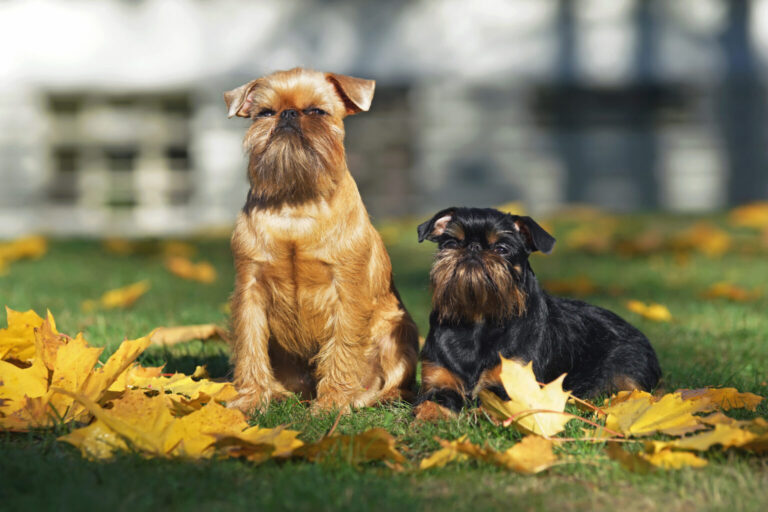
In Japan, where aesthetic appreciation for natural colors and seasonal changes is prominent, the Brussels Griffon’s varied coat colors could be especially admired.
Coat Type
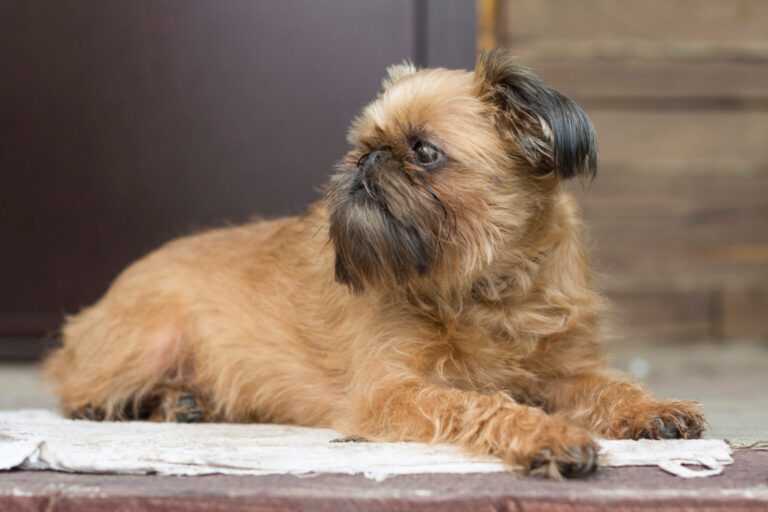
There are two distinct coat types in the Brussels Griffon breed: rough and smooth. The rough-coated variety boasts a wiry, dense coat that requires regular grooming to maintain its characteristic appearance. This coat type is known for the distinguished “beard” and “eyebrows” that give these dogs a human-like expression.

In Japan, a culture that values meticulous grooming and personal appearance, the grooming needs of the rough-coated Brussels Griffon might be well appreciated.
Size

Brussels Griffons are a small breed, typically standing about 7 to 10 inches tall at the shoulder.
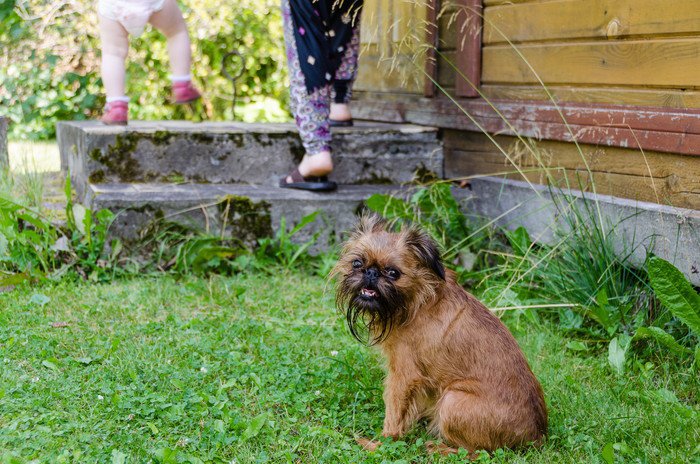
Their compact size makes them ideal for apartment living and for being a constant companion, as they can easily tag along on various outings. In densely populated Japanese cities, where living spaces are often smaller, the small size of the Brussels Griffon could be particularly appealing.
Weight
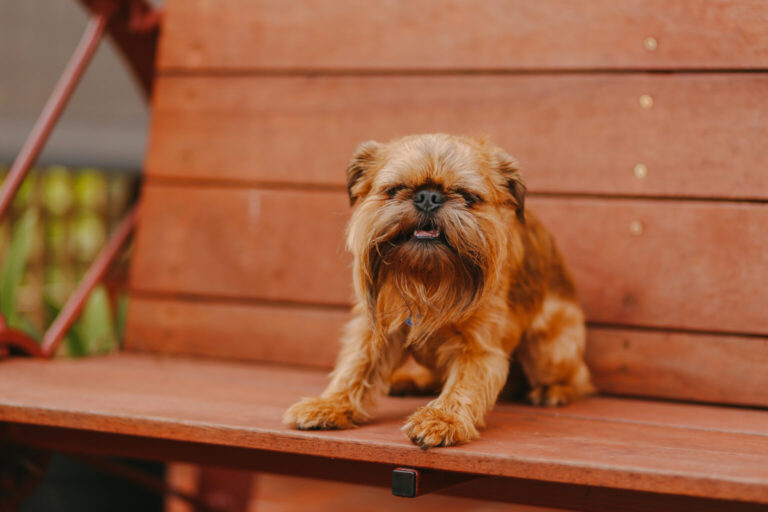
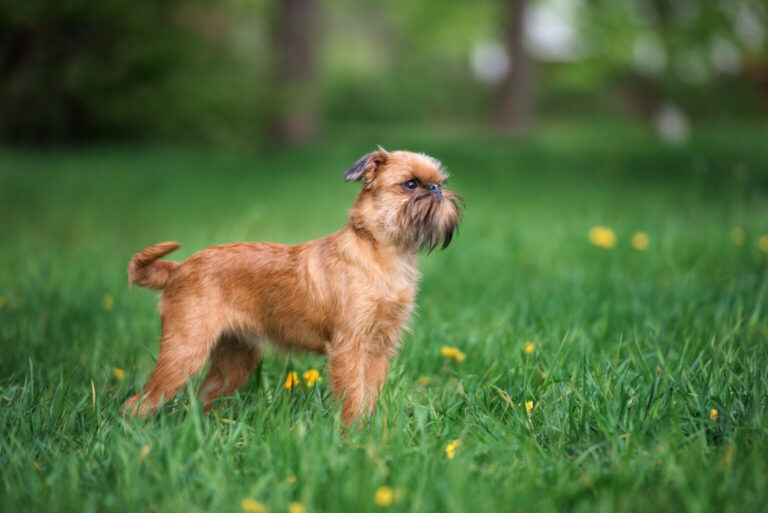
A healthy Brussels Griffon typically weighs between 8 to 10 pounds, making them lightweight and easy to handle. This size is beneficial in urban Japanese settings, where pet owners often prefer smaller, more manageable dogs due to space constraints and the convenience of transportation.
Lifespan
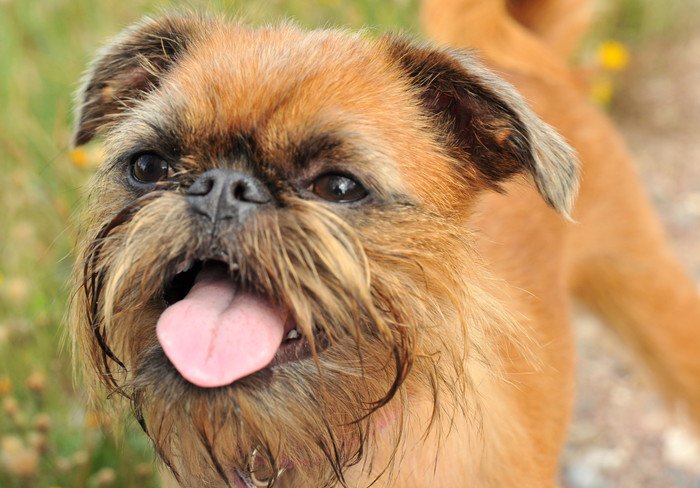

Brussels Griffons often enjoy a long lifespan, generally living for about 12 to 15 years. In Japan, where long life is greatly valued and celebrated, as seen in traditions like celebrating Respect for the Aged Day, the Brussels Griffon’s longevity would be a cherished trait.
Trainavility

Brussels Griffons are intelligent and quick to learn, making them relatively easy to train.

However, they can sometimes be stubborn or sensitive, so a gentle and consistent training approach is essential. In the context of Japanese culture, which often emphasizes discipline and respect, the trainability of Brussels Griffons, when approached with patience and consistency, aligns well with these cultural values.
Exercise

Despite their small size, Brussels Griffons are active and require regular exercise. Daily walks, play sessions, and mental stimulation are crucial for their well-being.

In Japan, where daily walks and engagement with nature are integral parts of life, as seen in practices like ‘Shinrin-yoku’ or forest bathing, the exercise needs of the Brussels Griffon would fit well into the lifestyle.
Feeding

A balanced diet is vital for the Brussels Griffon’s health. High-quality dog food appropriate for their age, size, and activity level is recommended. Since they are prone to obesity, monitoring their food intake and avoiding excessive treats is essential.

The Japanese cultural emphasis on balanced and moderate eating habits can be reflected in the careful feeding of Brussels Griffons.
Temperament
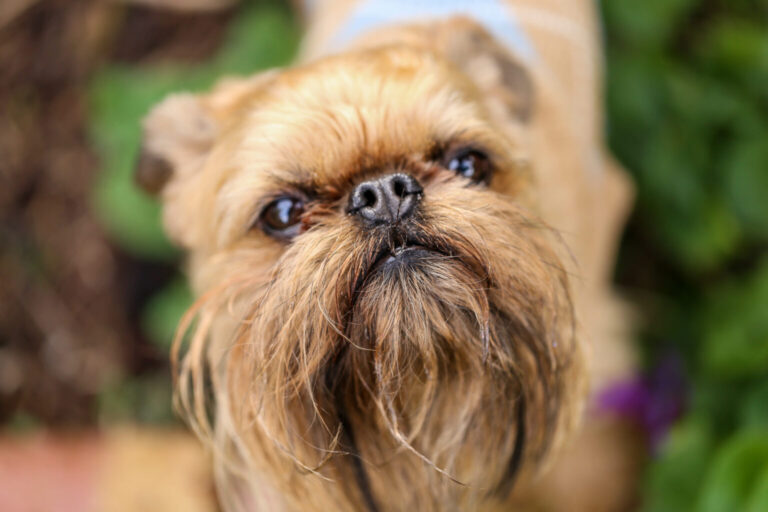
The Brussels Griffon is known for its affectionate, alert, and curious nature. They tend to form strong bonds with their owners and can be quite sensitive to their owner’s moods and emotions.

In Japanese culture, where harmonious relationships and empathy are highly valued, the temperament of the Brussels Griffon would be greatly appreciated.
History

Originating in Brussels, Belgium, the Brussels Griffon was initially bred for hunting and killing rats in stables. Over time, they gained popularity among both working class and nobility, eventually evolving into the companion dogs we know today.
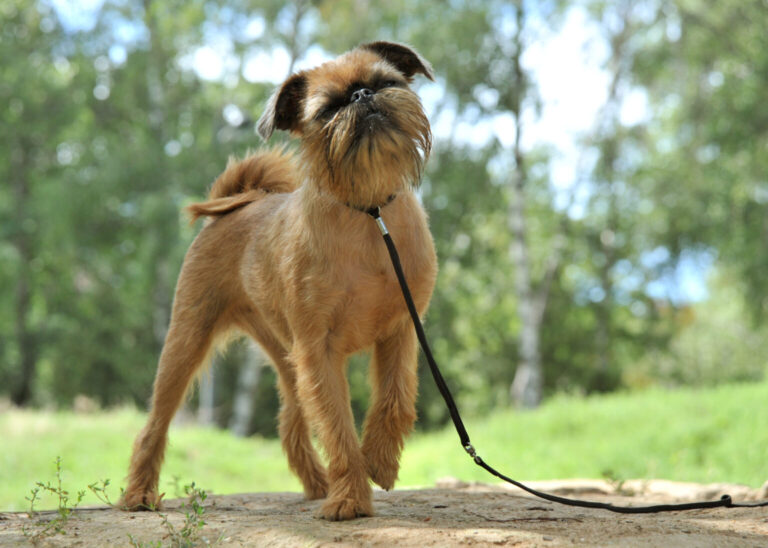
Their unique appearance and engaging personality have endeared them to many, including several historical figures and celebrities. In Japan, where history and tradition are deeply respected, the rich history of the Brussels Griffon breed would be of interest to dog enthusiasts.
Grooming
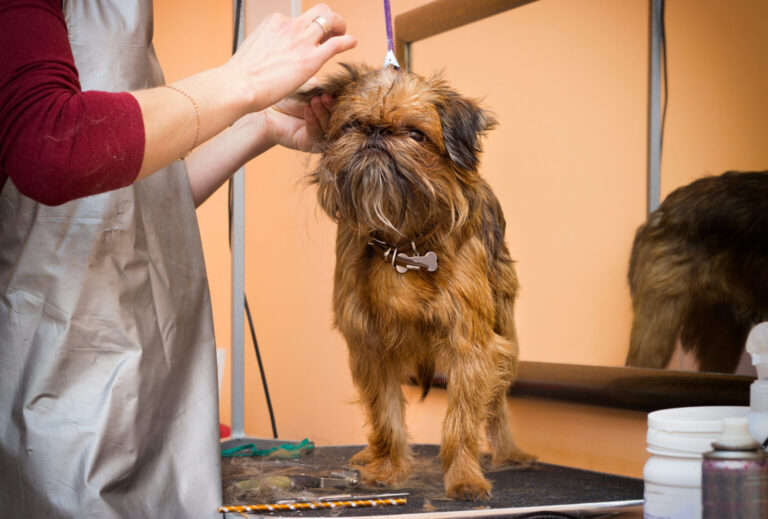
Grooming requirements for the Brussels Griffon vary based on their coat type. The rough-coated variety requires regular brushing and professional grooming to maintain their distinct look, while the smooth-coated variety needs only occasional brushing to remove loose hair. Regular ear cleaning, nail trimming, and dental care are essential for all Brussels Griffons to prevent health issues.
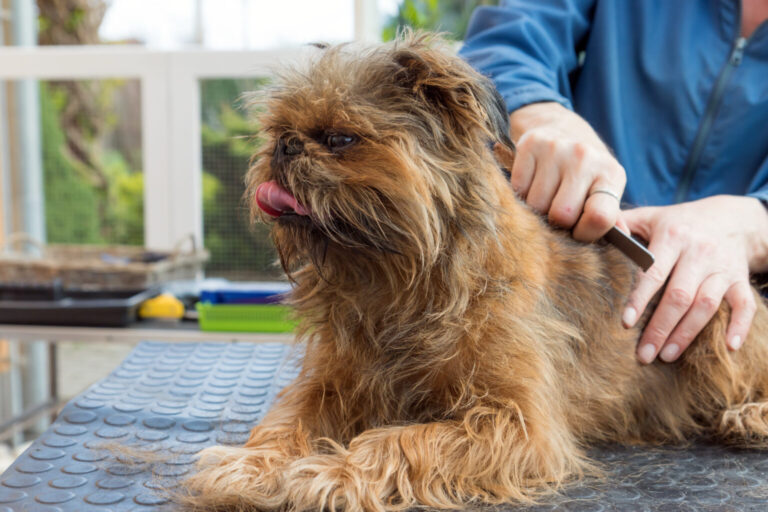
In Japan, where cleanliness and meticulous care are integral to both personal and pet care, the grooming needs of the Brussels Griffon would be well understood and practiced.
Health

Brussels Griffons are generally healthy, but they can be prone to certain health conditions like respiratory issues, due to their short noses, and eye problems. Regular veterinary check-ups can help catch any health concerns early.
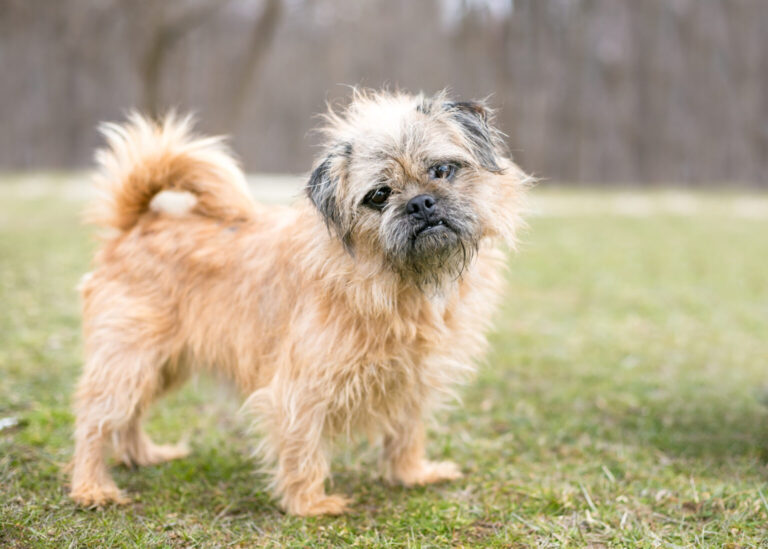
In Japan, which boasts one of the most advanced healthcare systems in the world, the health needs of Brussels Griffons would be well catered to, ensuring they receive the best possible care.

